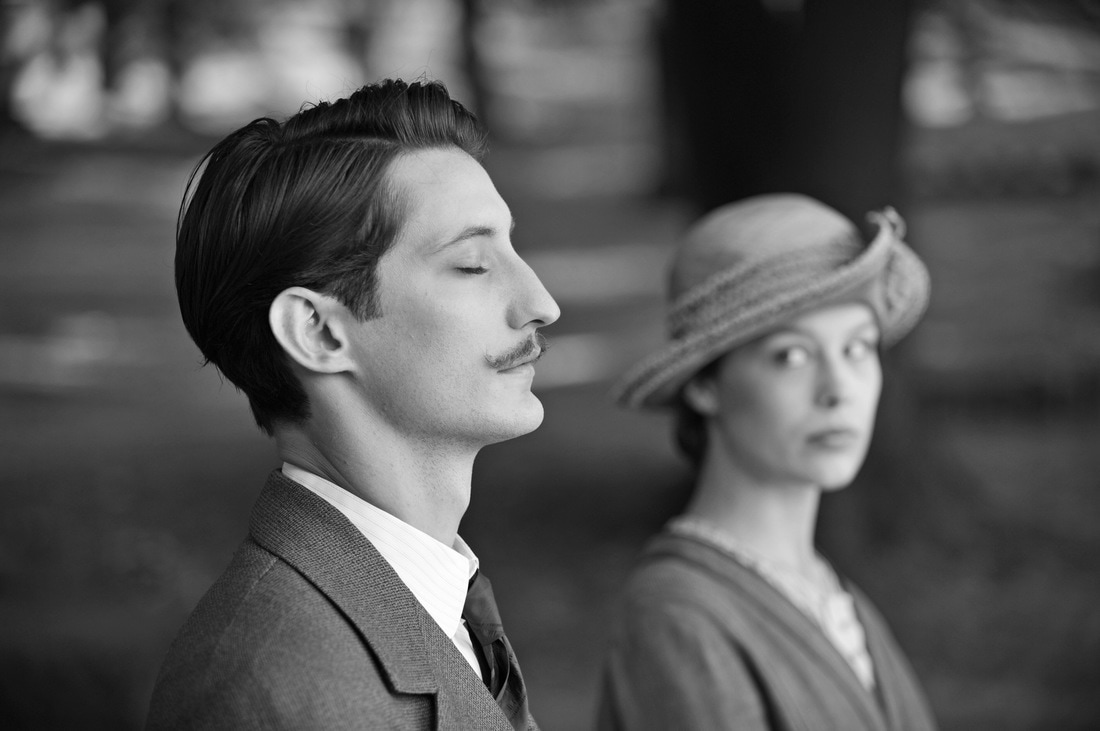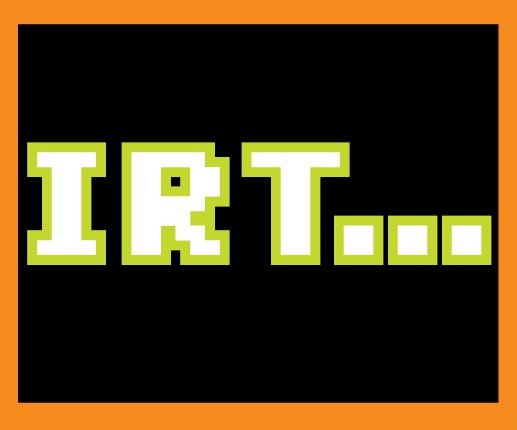When her beloved fiance Frantz is killed in action during World War One, young Anna’s (Paula Beer) life grinds to a halt. Gone are her dreams of happiness and marriage and in their place lay pensive trips to the graveyard and evenings spent with Frantz’s grieving parents in rural Germany. However when she spies a mysterious and clearly pained stranger visiting the same grave things begin to change. She learns that the mourning newcomer is Adrien (Pierre Niney), a sensitive Frenchman who claims to have had a close friendship with Frantz during his final days on the battlefield.
Taking solace in shared memories, Anna and Adrien strike up an unlikely friendship, helping each other break through the gloom of grief and see the colourful potential of happiness once more. Even Frantz’s heartbroken parents find relief in Adrien’s appearance, with his hard-nosed father attaining absolution from the guilt he feels from pressuring his only son into a fight he was destined to lose. It’s not all smooth sailing though, and as the cultural wounds of post-war Germany make life increasingly difficult for Anna’s new French friend, we discover there’s more to Adrien and Frantz’s battlefield encounter than we were originally led to believe.
Much like the unpredictable paths our lives often take, Ozon’s Frantz keeps you guessing about the motivations and ultimate destinations of its tortured characters. Throughout the whole endeavor we’re presented with a recurring vision of Manet’s painting Le Suicidé, lingering like a haunting reminder of how quick an escape from pain can be. It’s something that draws both Anna and Adrien’s attention when they’re at their darkest points but with Ozon’s levity and cinematographer Pascal Marti sensitive lens, this reverse adaptation somehow manages to turn a tale of grief and desperation into a celebration of life and its potential. While it may take its sweet time finding peace, Frantz proves that no matter how dark the situation, a light can always be found.
Frantz is in cinemas now.


 RSS Feed
RSS Feed
